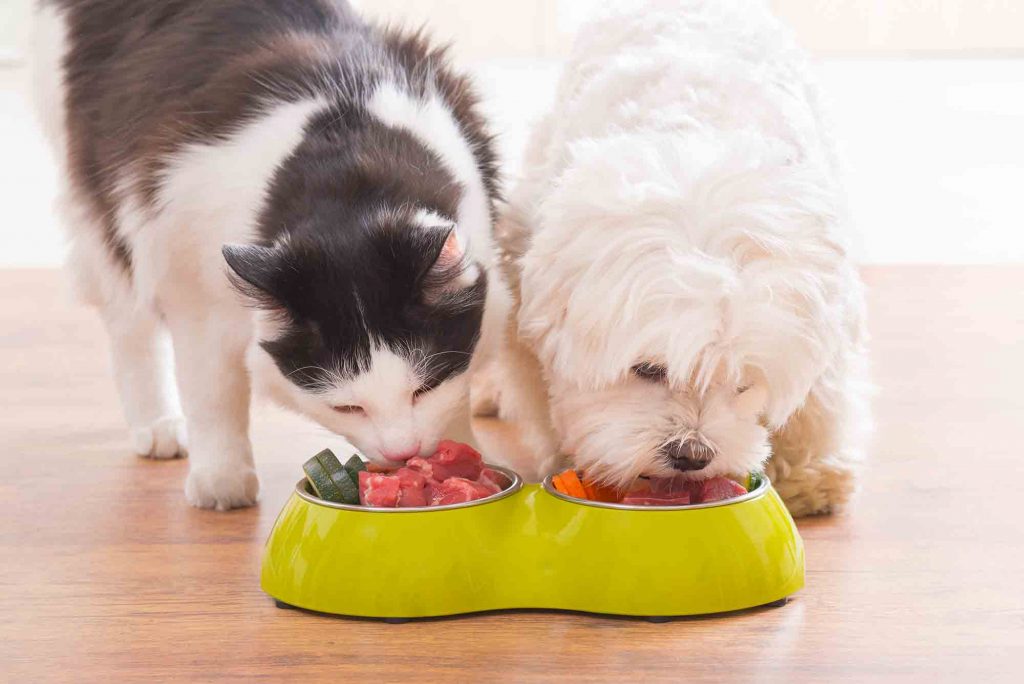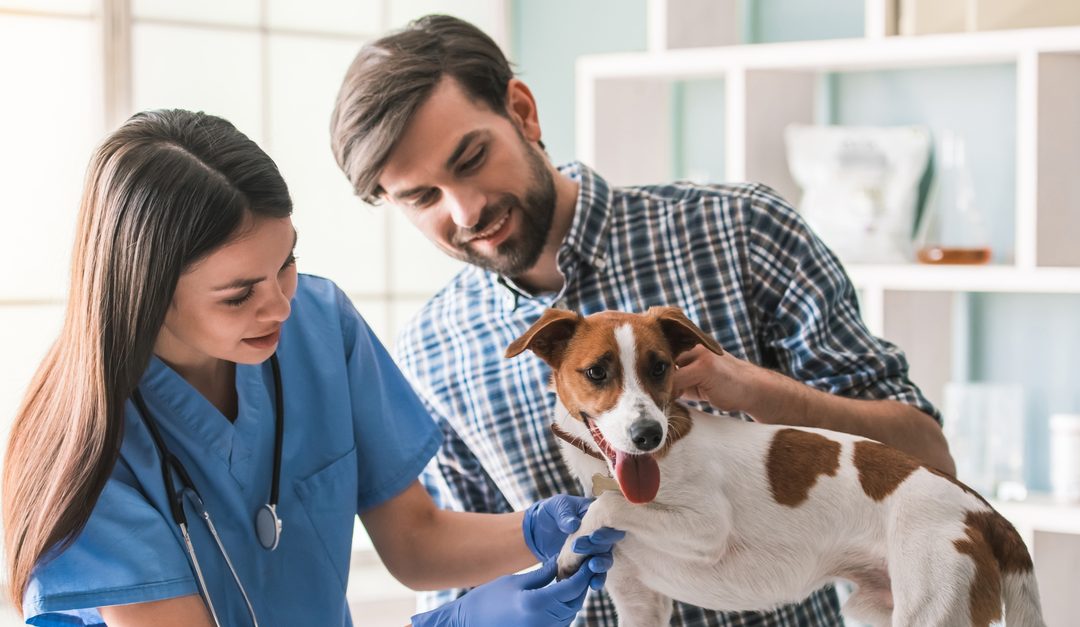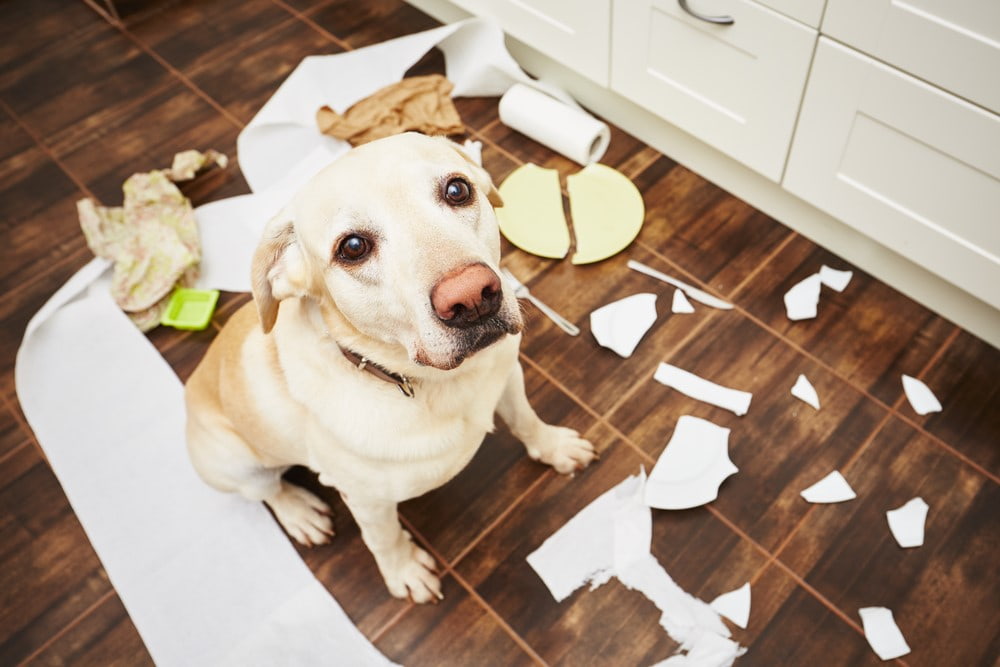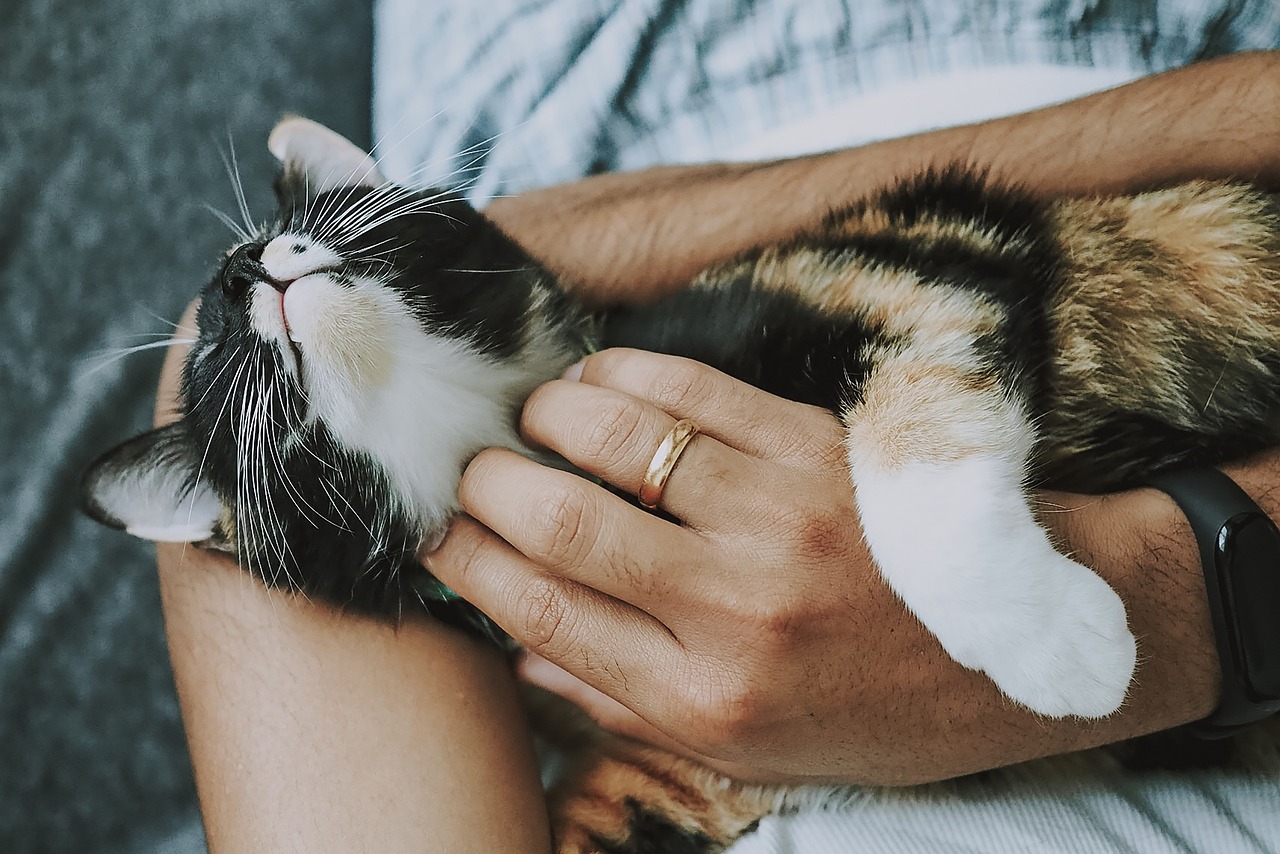Choosing the Right Pet
When deciding to bring a pet into your home, consider your lifestyle, living situation, and the pet’s needs. Some pets require more attention and space, while others may be more independent.
Key Considerations:
-
Lifestyle Compatibility: Ensure the pet matches your daily routine and activity level.
-
Space Requirements: Consider the amount of space you have. Larger pets need more room.
-
Time Commitment: Pets need time for feeding, grooming, exercise, and socialization.
/6-dogs-in-a-row-10104007-58068d333df78cbc2832683d.jpg)
Nutrition
Proper nutrition is vital for your pet's health. Different pets have varying dietary needs, so it's essential to provide appropriate food.
Nutritional Tips:
-
Balanced Diet: Ensure your pet's diet is balanced with the right nutrients.
-
Fresh Water: Always provide clean, fresh water.
-
Avoid Toxic Foods: Some human foods are toxic to pets (e.g., chocolate for dogs).

Regular Veterinary Check-Ups
Regular visits to the vet are crucial for maintaining your pet’s health. Early detection of issues can prevent severe health problems.
Veterinary Care:
-
Annual Exams: Schedule yearly check-ups.
-
Vaccinations: Keep your pet’s vaccinations up to date.
-
Parasite Control: Use preventive measures for fleas, ticks, and worms.

Grooming
Grooming is not just about keeping your pet looking good; it’s also essential for their health.
Grooming Essentials:
-
Brushing: Regular brushing removes loose fur and prevents matting.
-
Bathing: Bathe your pet as needed, using pet-friendly products.
-
Nail Trimming: Keep your pet’s nails trimmed to prevent discomfort and injury.

Exercise and Mental Stimulation
Exercise and mental stimulation are crucial for your pet's physical and psychological well-being.
Exercise Tips:
-
Daily Walks: Take dogs for daily walks to keep them active.
-
Playtime: Engage in play to stimulate your pet mentally and physically.
-
Training: Basic training helps in managing your pet’s behavior and enhances bonding.
Socialization
Socializing your pet is vital for their development and helps prevent behavioral issues.
Socialization Strategies:
-
Early Exposure: Introduce your pet to different environments, people, and other animals early on.
-
Positive Reinforcement: Use positive reinforcement to encourage good behavior.

Safety
Creating a safe environment for your pet is crucial to prevent accidents and injuries.
Safety Measures:
-
Pet-Proofing: Pet-proof your home by removing hazards.
-
ID Tags and Microchips: Ensure your pet has proper identification.
-
Emergency Plan: Have an emergency plan in place, including a first aid kit.

Love and Attention
Pets thrive on love and attention. Building a strong bond with your pet leads to a fulfilling relationship for both.
Bonding Tips:
-
Quality Time: Spend quality time with your pet daily.
-
Affection: Show affection through petting, cuddling, and speaking to your pet.
-
Understanding Needs: Pay attention to your pet’s needs and respond accordingly.
Caring for a pet is a rewarding journey that requires dedication and knowledge. By following these essential tips, you can ensure a healthy, happy life for your furry friend.
